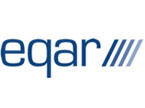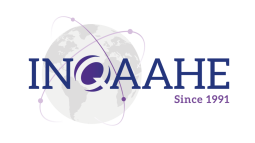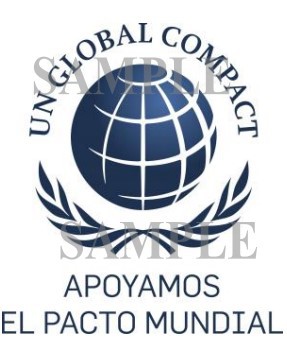The report of the ACPUA learns series about Diversity was finalised on 28 February. The ACPUA describes in its Strategic Planning 2019-22 its strategic line 5, for the promotion of the social dimension of quality within its ACPUA Programme* Equality and Diversity. Specifically, one of its objectives for the year 2022 is the launch of an ACPUA seal of respect for diversity.
After defining the structure of the ACPUA Diversity Label, which completes the design of its dimensions (gender, affective-sexual, disability and SEN_Special Educational Needs, culture and religion and social exclusion) and the sub-dimensions that can be evaluated within each of them (institutional strategy; transparency and communication; quality systems; training and research; university community; funding and resources), the SETE Thematic Evaluations Subcommittee strategically agreed, following the fit for purpose methodology (ESG 2. 2), to first draw up a glossary of terms of reference for those people who were to form part of the seal process.
Thus, the ACPUA proposed the appropriate methodology to carry it out, creating a questionnaire on ad hoc terms. The aim of this guide is to generate a terminological ecosystem, around which those reports and documents that deal with the evaluation of diversity in any of its dimensions (gender, affective-sexual orientation, educational needs, beliefs, social situation...) within the university context can be articulated. This environment is diverse, heterogeneous and multicultural and the language we use to talk about this reality must be inclusive and respectful of the richness found in the university community.
The Agency would like to thank to Sonia Seijas Ramos, Member of the ACPUA Subcommittee on Thematic Evaluations and Head of the Diversity Care Unit (ADI) of the University of A Coruña and the respondents for their disinterested participation, as well as the members of the SETE Subcommittee for Thematic Evaluations who have made the preparation of this document possible. We hope that these results can be useful for the agencies that ensure the quality of the university system, but in general, for the entire university community, always with a view to improving the quality of higher education and from a student-centred learning methodology.
This document has been edited according to the criteria that guarantee documentary accessibility.










